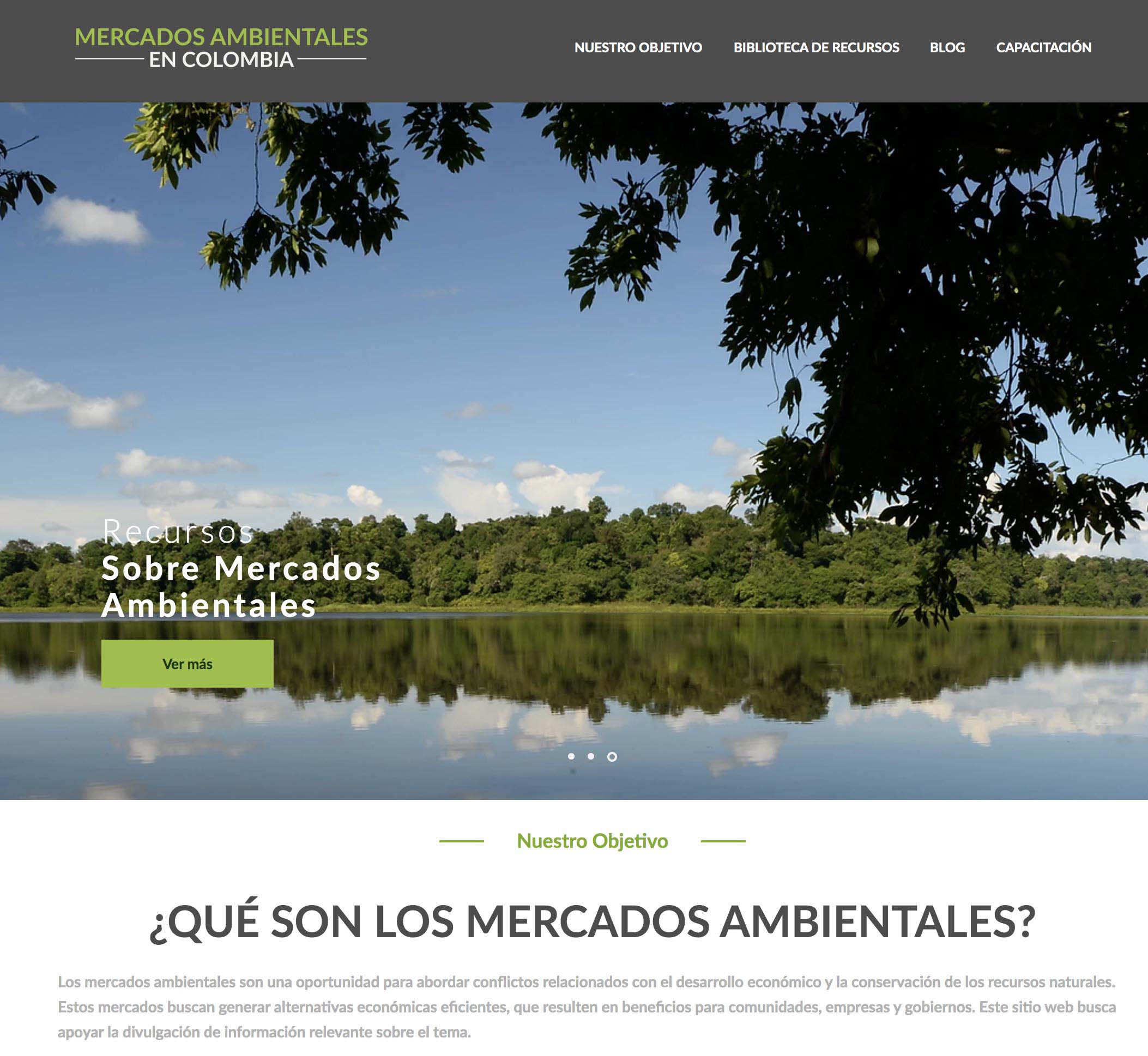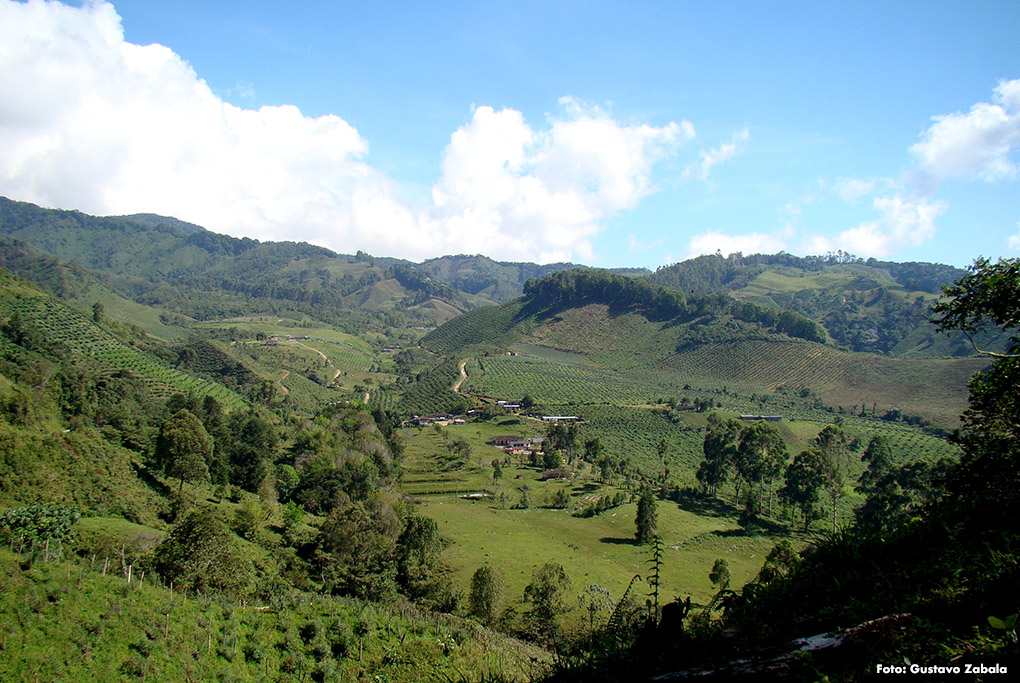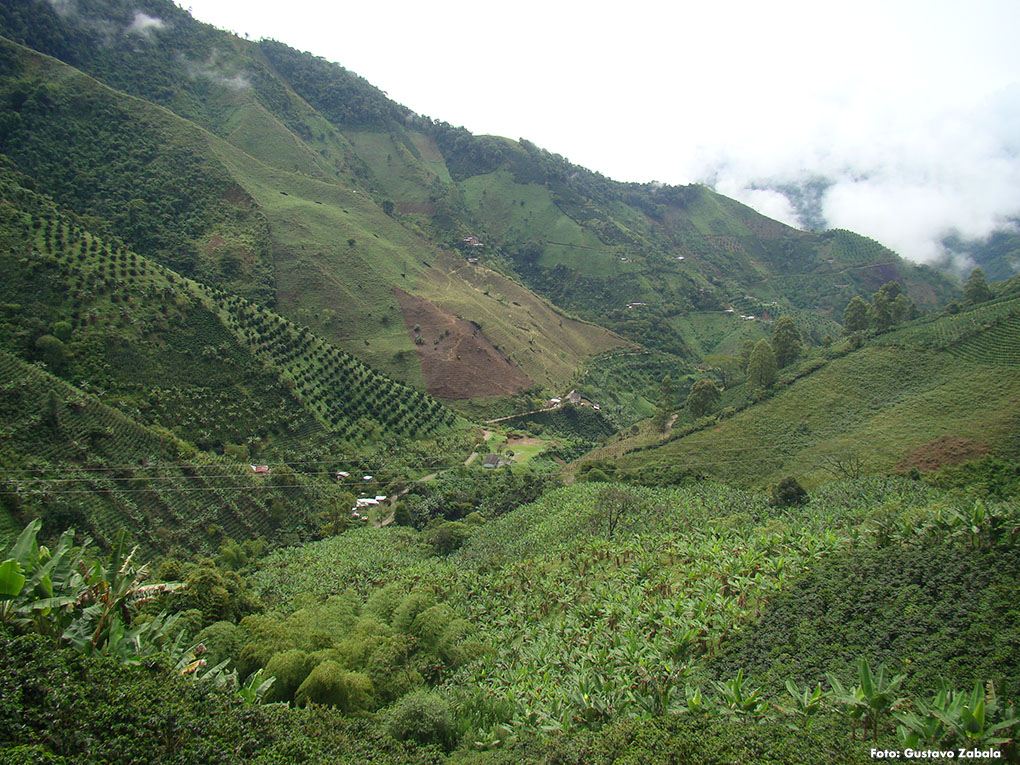zrios posted on abril 29, 2020 09:25
This virtual space provides an overview of some of the transactions that help in the conservation of our species and ecosystems. It also publishes technical material, documents, and tools to optimize the efficiency of investments in favor of the country’s biodiversity.

Environmental markets are the scenarios where economic exchanges are produced, arising from the need of giving biodiversity an adequate use. For example, many times a public entity or an NGO may have an initiative for the protection of an ecosystem but does not know how to finance it. On the other hand, the private sector could need to implement an environmental commitment but does not have all the knowledge to correctly implement the legal norms it must comply with. In that situation a transaction or the union of those who require a service with those who supply it, becomes crucial.
Sadly, this relationship does not always arise naturally. Reducing the mismatch that may exist between supply and demand of services in favor of biodiversity, is the purpose of web page Mercados Ambientales en Colombia, a virtual page just relaunched by WCS Colombia, with financing of the Santo Domingo Foundation.
“Our aim is the flow of information on advances in environmental markets consolidation, especially related with norms and tools designed for the functioning of transactions between actors” explains Lucas Buitrago, Sustainability Tools Expert of WCS Colombia.
The web page is divided into four main sections that explain what these environmental markets are and what is happening with them. It also collects and selects information on the subject, provides technical and academic tools developed by WCS Colombia and its allies and offers educational materials and publications for those who wish to enhance their knowledge on the subject.
For example, one of them remarks how companies, many times, are not prepared to preserve an ecosystem voluntarily or in compliance with legal dispositions (like offsets).

When, eventually, the Government issues norms related with investments or offsets that must be complied with “the web page can inform us and guide us on how to do it”, explains Dora María Moncada, Coordinator of Environmental Affairs of the Asociación Nacional de Industriales (ANDI).
Moncada notes that many times the environmental language used by official organizations is not the same used by companies, another obstacle that this virtual tool seeks to overcome. And she refers to the fact that regulations still impose some barriers for transactions in environmental markets, not only between companies but also between companies and, for instance, a private natural reserve.
She, therefore, believes that this is an opportunity to discuss these changes and additionally “to further democratize the public’s access to information on many initiatives for the protection of natural resources that no one knows about and are not available for the general or specialized public”.
Other subjects that can be studied online and through training modules are the compulsory investments to preserve natural spring water or payments for environmental services (PES) that stimulate the protection of areas with the potential to generate or improve those services.
